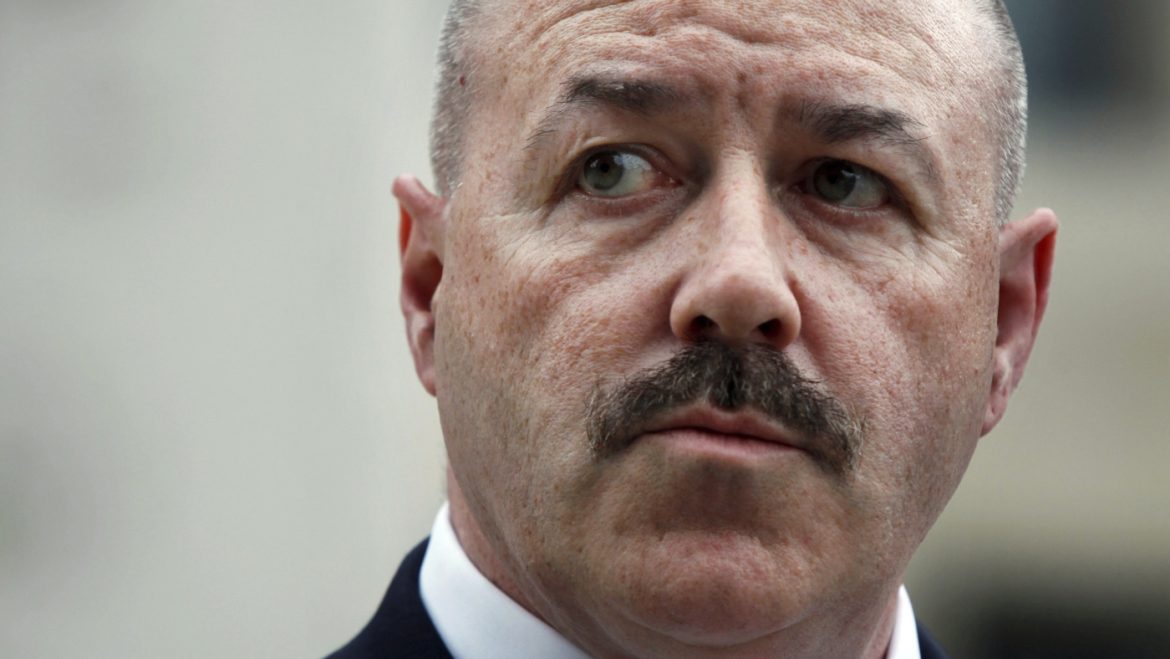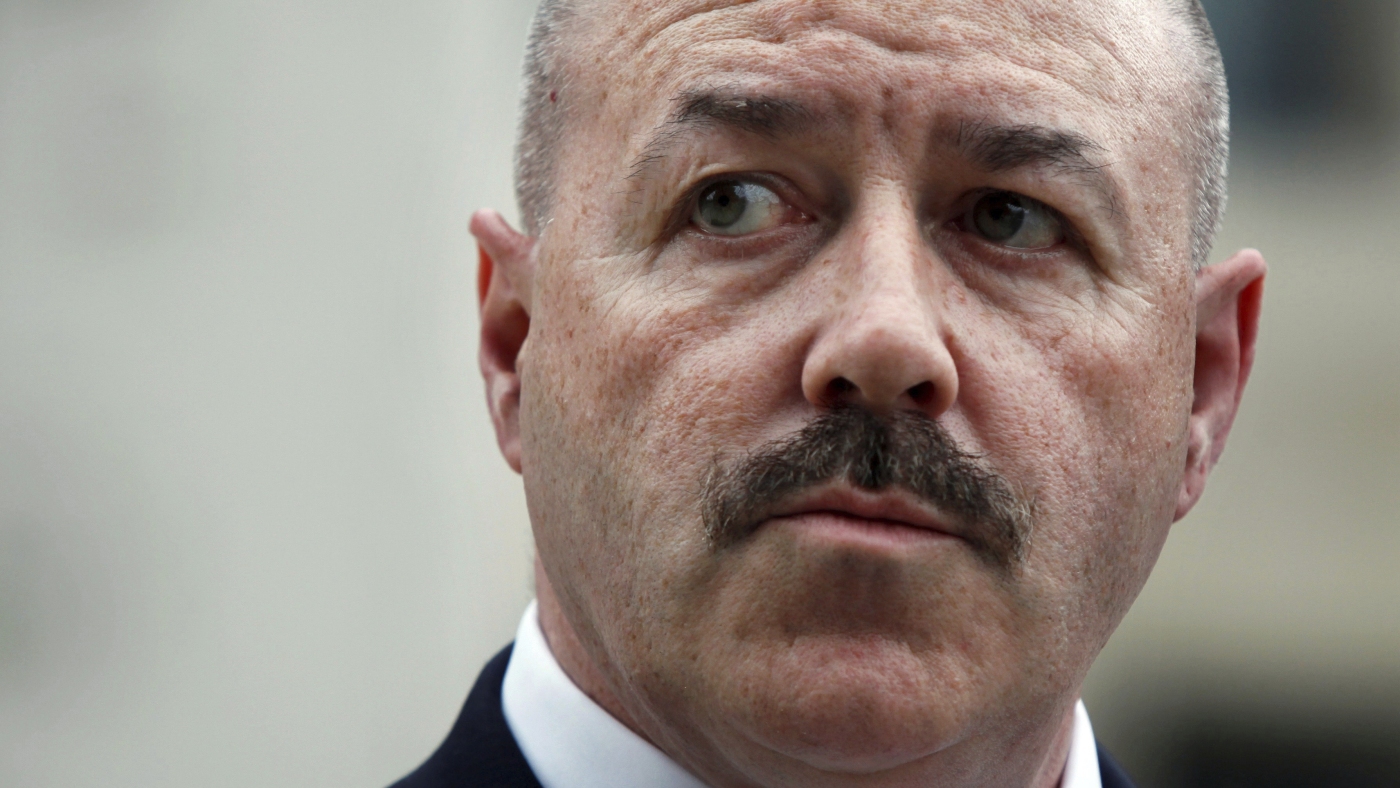Bernard Kerik: A Life Marked by Valor, Controversy, and Redemption
Bernard Kerik’s passing at 69 marks the conclusion of a life vividly intertwined with moments of national crisis, personal downfall, and public redemption. Known primarily for his leadership as New York City’s Police Commissioner during the 9/11 terror attacks, Kerik’s trajectory from celebrated first responder to convicted felon, and later a presidential pardon recipient, offers a complex narrative worth examining in depth.
Early Career and Rise to Prominence
Bernard Bailey Kerik began his career in law enforcement after joining the New York City Police Department (NYPD) in 1986. Over the years, his rise within the department was marked by a dedication that positioned him to become the 40th commissioner of the NYPD by 2000. His tenure coincided with one of the darkest chapters in American history.
When the September 11, 2001, attacks unfolded, Kerik found himself at the helm of a department thrust into unprecedented emergency response. His leadership during those catastrophic hours earned him wide acclaim. The NYPD’s coordinated efforts under his command were instrumental in the immediate aftermath of the attacks, earning Kerik a reputation as a hero and a steadfast figure of resilience in New York City’s darkest hour.
The Legal Troubles and Fall from Grace
Despite his public service accolades, Kerik’s career and reputation became tarnished by legal troubles later on. He pleaded guilty to eight felony charges, including tax fraud and lying to government officials. These serious violations led to a four-year prison sentence beginning in 2010, marking a dramatic reversal in fortunes for the once-celebrated commissioner.
The charges were notably linked to failures to pay taxes and misrepresentations related to his service, undermining the heroic image that had defined his public persona. Kerik’s legal issues became a cautionary tale illustrating how even figures elevated by extraordinary deeds can encounter deep personal and ethical failings.
Redemption and Pardon
Kerik’s story took another notable twist when he was granted a presidential pardon by then-President Donald Trump in 2020. This pardon effectively erased the federal convictions from his record and allowed him to move forward without the legal encumbrances of his past.
His post-pardon period saw him engaged in consultancy and political activity, including his alignment with President Trump on various issues. The pardon stirred controversy for some, given Kerik’s previous conviction, but also highlighted themes of forgiveness and second chances within the justice system.
Legacy and Public Perception
Bernard Kerik’s legacy is inevitably dual-faceted. On one hand, he is remembered as a decisive leader during one of the most challenging moments in modern American history—a figure whose management of the NYPD was crucial in the immediate response to the 9/11 attacks. On the other, his conviction for tax fraud and subsequent imprisonment show a deeply flawed individual whose personal lapses contrasted starkly with his professional achievements.
This duality invites reflection on the complexity of public figures, especially those involved in crisis leadership. Kerik’s experience emphasizes that heroism and human imperfection often coexist, sometimes in tension, shaping public memory in nuanced ways.
Conclusion: Remembering Bernard Kerik
Bernard Kerik’s death following a private battle with illness closes the chapter on a life marked by notable highs and profound lows. He remains a historically significant figure whose contributions to New York City’s security during 9/11 stand alongside ignominious legal setbacks and eventual redemption via pardon.
His story challenges simple narratives of good and bad, highlighting the multifaceted nature of leadership, fallibility, and redemption. As history looks back on Bernard Kerik, it is likely he will be remembered not only as a crucial first responder to terror but also as a symbol of the complex paths public servants may walk, intertwining duty, honor, failure, and resilience.


